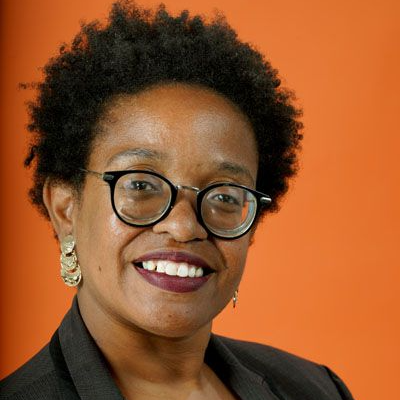The phrase “foster care” can call to mind a bleak, bare-bones place that’s just this side of a Victorian orphanage, where the greedy gain money from desperate children in need of shelter. That is, sadly, the truth for some families, and I wish those people a long stay in hell.
On the other hand, there are folks like Jessica and Jeremy Holroyd of Catonsville, who served for years as emergency foster parents for children with specific medical and nutritional needs. In those moments, they relied on access to the U.S. Department of Agriculture’s Special Supplemental Nutrition Program for Women, Infants and Children, or WIC, to help cover healthy, nutritious foods.
Foster children ages 5 and under are automatically eligible for WIC benefits — regardless of a caregiver’s income — which helps foster parents provide for kids, whether for a weekend or for years.
That can come with a lot of unexpected expenses. Certain formulas “could cost as much as $30, $50, $100 a can if they have special allergies,” said Jessica Holroyd, a family friend who, along with her husband, was named Baltimore County’s 2021 Foster Parents of the Year by the Maryland Resource Parent Association.
That’s why it’s so concerning that programs like WIC have an indefinite future. Although benefits for the Supplemental Nutrition Assistance Program (SNAP) are set to run out by Nov. 1, “Maryland continues to issue [WIC] Program benefits for now and continues to process new WIC applications,” Amanda M. Hils, assistant director for media relations for the Maryland Department of Health, wrote in a statement.
“I can’t even imagine what some of my foster parent friends are doing with this. Some of them have been incredibly worried,” Holroyd said.
Read More
Roseline Hooks, director of communications for the National WIC Association, told me in an email that “WIC clinics across the country remain open for now, but funding is running low,” and government funding is only set to sustain the program through the end of October.
And while there are foster families on SNAP, those benefits are harder to qualify for because the monthly stipend they receive while they have children in care is counted as income. That program’s Nov. 1 funding cutoff is also dire for the “680,000 Marylanders who rely on SNAP benefits to put food on kitchen tables monthly, including nearly 270,000 children,” Lilly Price, press secretary for the Maryland Department of Human Services, wrote in an email.
On Thursday, Gov. Wes Moore released $10 million to the state’s food banks, beset by federal furloughs and the impending loss of these benefits. But who knows how long that will last?
Uncertainty has always been the nature of being a licensed foster home open to having children placed in your care at any moment. “It comes out of the blue. You’re not expecting it,” Holroyd said.
And foster families in Maryland often already pay out of pocket for expenses during the first month of guardianship, Holroyd said. A monthly subsidy of up to $850 per child doesn’t kick in for a month, which doesn’t help if a baby in need of nourishment shows up suddenly.
“A random car issue happens that you have to pay $1,500 for, and then it’s, ‘Wait, hold on, I have to go buy some formula now,’” Holroyd said. “Life happens, and you’re also a foster parent.”
In 2014, my husband Scott and I became the foster parents of the 6-month-old child of a relative, who is now my son, Brooks. We were offered WIC, which we used once for a month’s worth of formula when he first came to us, but we let the benefits lapse because we didn’t really need them and preferred they went to those who did.
There are a shocking amount of judgmental and evil idiots out there rejoicing on social media that millions of adults and kids are going to be hungry this weekend and for the foreseeable future. A poster on Threads wrote that their sister, a new foster parent, endured ignorant comments from someone in line behind her at the grocery checkout line about not having kids she couldn’t afford.
I wish I could say I didn’t feel that stigma the one time I used the WIC card to buy formula. But having been racially profiled in my 20s by a grocery clerk who asked out of the blue whether I was using food stamps, I needed to let this cashier know that I, a Black woman holding a baby without a man present, was a foster parent.
Now, I’m mature and humbled enough to know that there’s never any reason not to access provided help for the kids in your care, whether or not they’re staying long. Nobody should have to jump through hoops or satisfy anyone else’s narrow-mindedness and bigotry to eat. Food is the most very basic of human rights.
It ought to be a legal one, too.
The Holroyds, who adopted three of the children who came to them, are no longer fostering. They’re grateful that government assistance was available when they did and want it to be there for other families.
“If you ever used it, you know it’s not enough,” Holroyd said, but it comes down to one simple fact: ”You need to buy food, and you know the children are going to eat.”






Comments
Welcome to The Banner's subscriber-only commenting community. Please review our community guidelines.